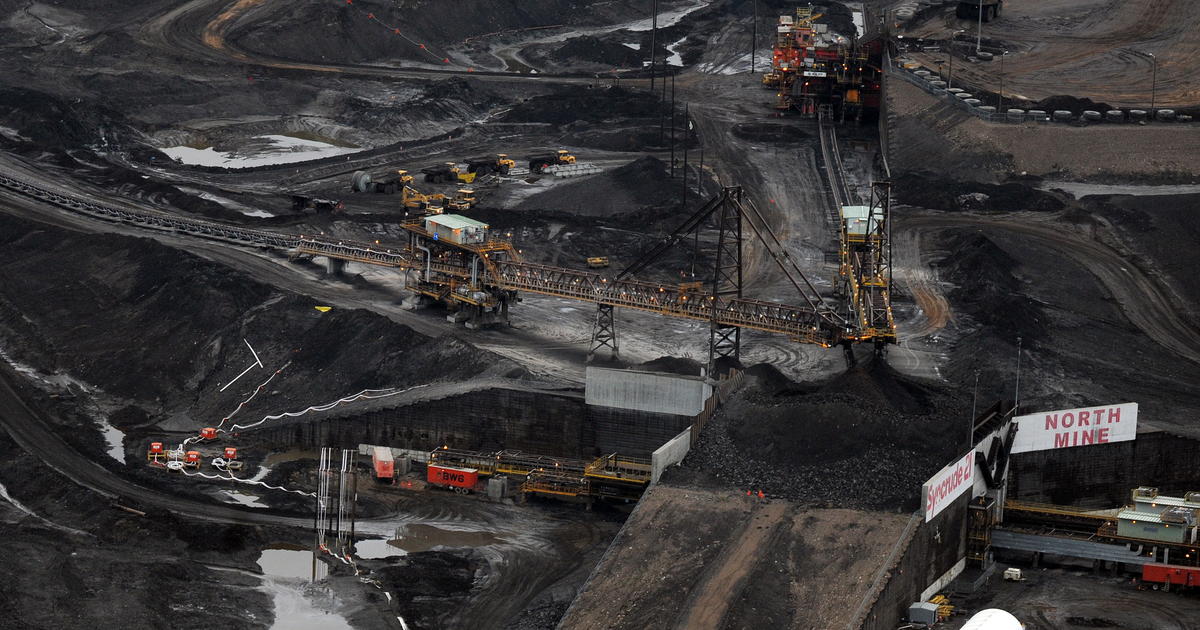DIN 51750 Shale Oil Kinematic Viscosity Testing
The DIN 51750 standard specifies a method for determining the kinematic viscosity of shale oil samples. This test is crucial in the oil and gas industry as it helps in assessing the fluidity and flow behavior of shale oil under specific conditions. Understanding these properties is essential for optimizing extraction processes, ensuring efficient transport through pipelines, and predicting the performance of shale oil in various applications.
The kinematic viscosity measurement provides insights into how quickly a liquid flows at a particular temperature without considering pressure differences or external forces. For shale oil, this data helps in evaluating its suitability for different stages of production and processing. The test is performed using an Ubbelohde viscometer, which measures the time taken by a fixed volume of fluid to flow through a capillary under gravity.
The procedure outlined in DIN 51750 involves several key steps:
- Thoroughly clean and dry the capillary used for the measurement.
- Pour a known volume of shale oil into the capillary, ensuring it is completely filled without air bubbles.
- Place the capillary in an oven at 100°C ± 2°C until the temperature stabilizes.
- Measure the time taken for 20 ml of the heated sample to flow through the capillary.
The result is reported as the kinematic viscosity in centistokes (cSt). This value indicates how easily the shale oil flows under standard conditions. Lower viscosity values suggest better fluidity, which can be advantageous for certain extraction and transport methods. Conversely, higher viscosities may require more energy to pump or process.
Understanding kinematic viscosity is critical in optimizing production processes, especially when dealing with unconventional oils like shale oil. The test helps in determining the optimal drilling conditions, selecting appropriate completion materials, and designing efficient pumping systems. Accurate viscosity data can also aid in predicting potential issues during transportation and storage, ensuring product quality throughout the supply chain.
The DIN 51750 method is widely recognized for its reliability and repeatability. It ensures consistent results across different laboratories, making it a valuable tool in both research and industrial settings. Compliance with this standard is crucial for maintaining high-quality standards in the oil and gas sector.
Eurolab Advantages
At Eurolab, we offer comprehensive DIN 51750 shale oil kinematic viscosity testing services designed to meet your specific needs. Our team of experts ensures that every test is conducted according to the strictest standards, providing you with accurate and reliable results.
- State-of-the-art laboratories equipped with precision instruments for accurate measurements.
- Experienced technicians who are fully trained in DIN 51750 procedures.
- Comprehensive reporting services that include detailed analysis of your shale oil samples.
We understand the importance of timely results, which is why we strive to deliver accurate and reliable data quickly. Our commitment to quality control and customer satisfaction ensures that you receive the best possible service.
Customer Impact and Satisfaction
- Enhanced Process Efficiency: Accurate kinematic viscosity data allows for better optimization of extraction, transportation, and processing methods. This leads to reduced energy consumption and increased operational efficiency.
- Better Product Quality: Understanding the fluid properties of shale oil helps in maintaining consistent product quality throughout the supply chain, ensuring that end-users receive high-quality products.
Customer satisfaction is paramount at Eurolab. Our clients benefit from our commitment to delivering accurate and reliable results, which are critical for making informed decisions in their operations. We work closely with our customers to ensure that we meet their specific testing requirements and provide them with the insights they need.
Use Cases and Application Examples
- Pumping Optimization: Knowing the kinematic viscosity of shale oil helps in selecting the right pump for efficient transportation. This ensures that the pumping system operates at optimal efficiency, reducing wear and tear on equipment.
- Drilling Fluid Design: Understanding the fluid properties is essential when designing drilling fluids. The test results help in creating fluids that can handle the specific challenges of shale oil extraction.
In addition to these, kinematic viscosity data is crucial for:
- Evaluating the effectiveness of different completion techniques.
- Designing better pipelines and storage facilities.
- Predicting potential issues during transport.
- Ensuring compliance with industry standards and regulations.





